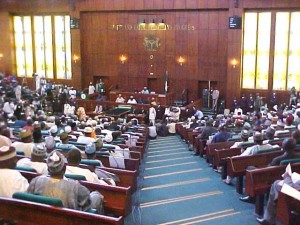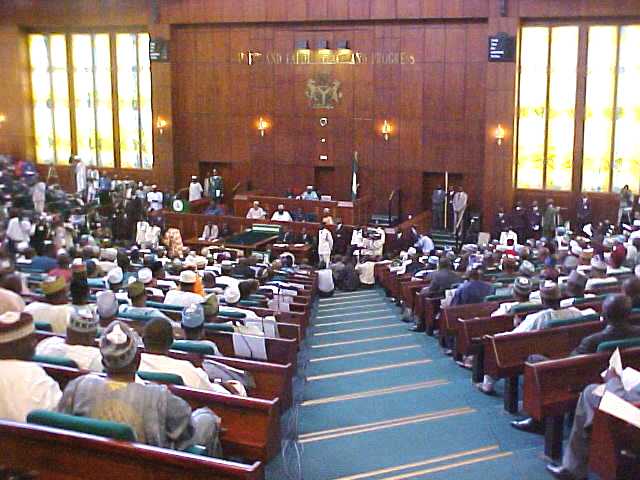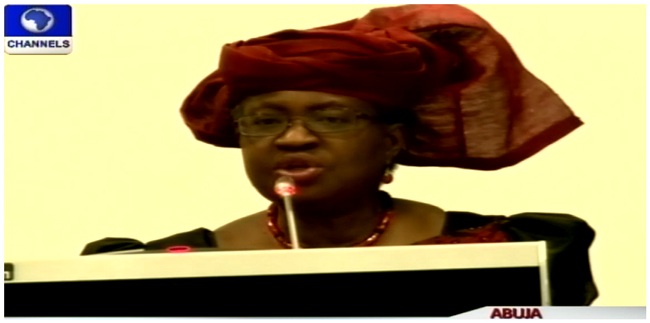
The lawmakers had, before going on break for the Easter holiday, passed a budget of 4.695 trillion Naira as against 4.642 trillion Naira proposed by the executive.
They also adopted a benchmark price of $77.50 per barrel of crude oil an increase from $74 per barrel proposed by the executive.
The 2014 budget was presented to the National Assembly by the Minister of Finance, Dr Ngozi Onkonjo-Iweala on behalf of President Jonathan on December 19.
Late presentation of the budget had been identified as one of the reasons for poor implementation of Nigeria’s budget, a recurring development that the government has not been able to address.
Job Creation And Inclusive Growth
A Professor with the Department of Economics in Olabisi Onabanjo University Ago-Iwoye, Sheriffadeen Tella, said the budget was already too late and that the passage would affect the implementation, especially in the area of capital projects.
According to him, budget delays have a multiplier effect on sectorial expansion and employment generation.
In the earlier budget presented by Dr Okonjo-Iweala, 27 per cent of the budget was set aside for capital projects while the recurrent expenditure will gulp about 72 per cent.
At the presentation, the minister said: “This budget is the budget for job creation and inclusive growth; meaning that it is a budget which will continue the president’s transformation agenda for several sectors of the economy.
“The budget is going to support the push in agriculture; it will kick-start the housing sector where we can create more jobs; it is designed to promote our policies that would support manufacturing because jobs would be created there.
“Industries will also be created in solid minerals. All these support will continued to be unleashed. Job creation is the key to really solving the problems of the Nigerian economy.”


